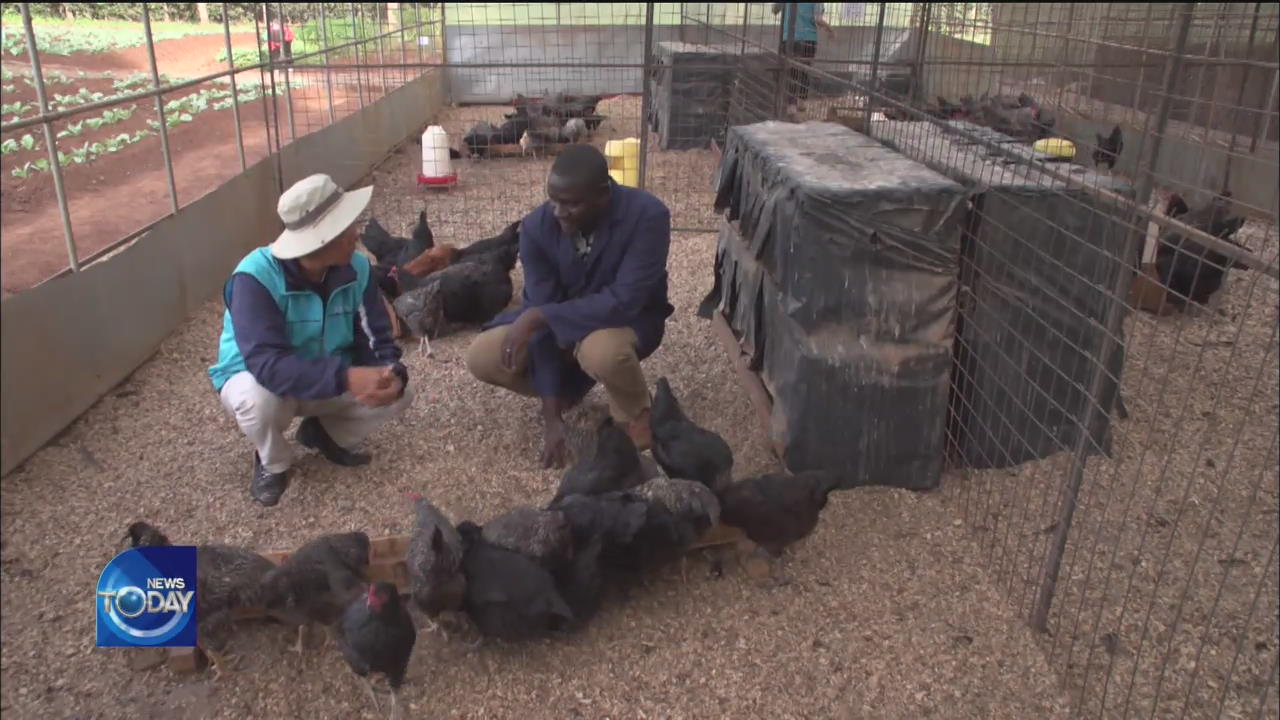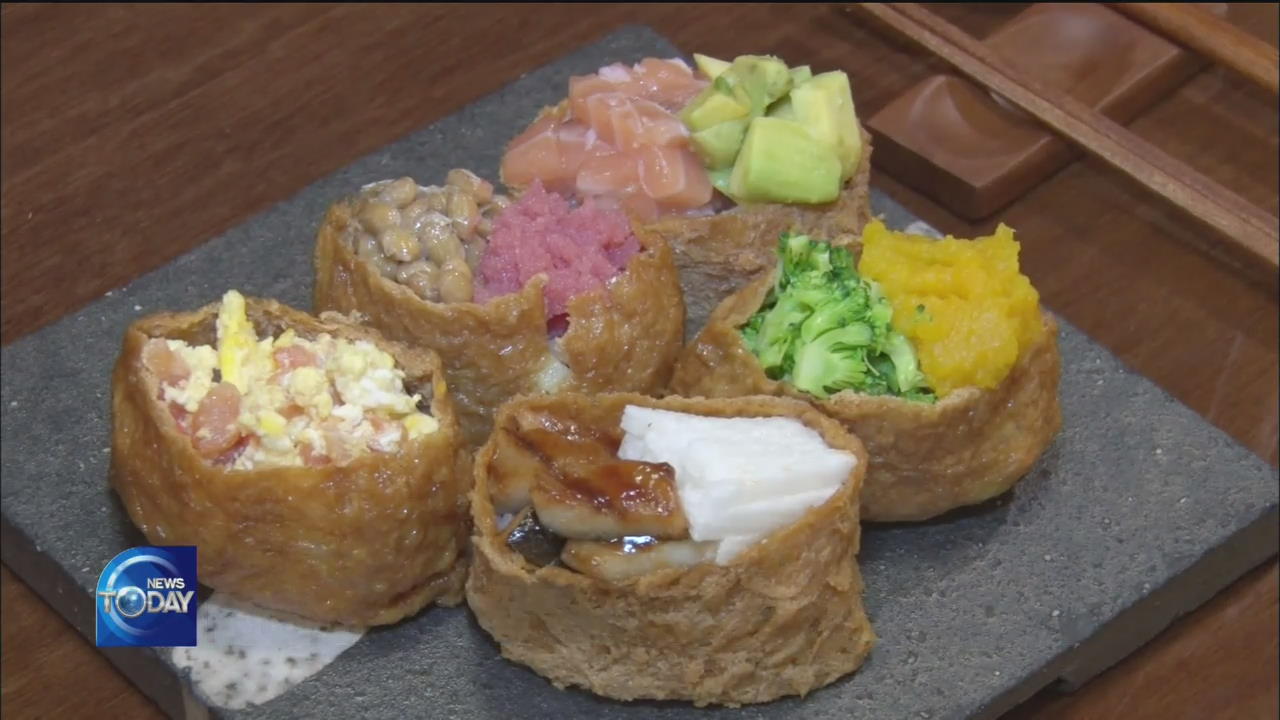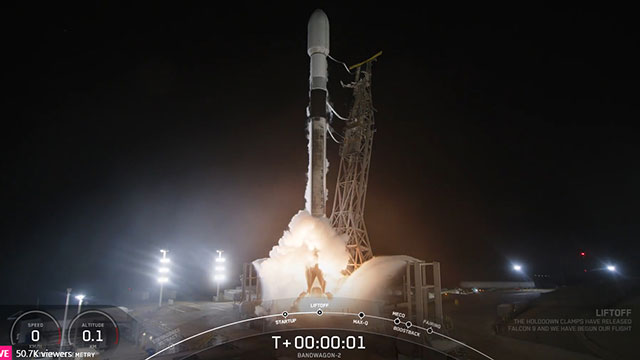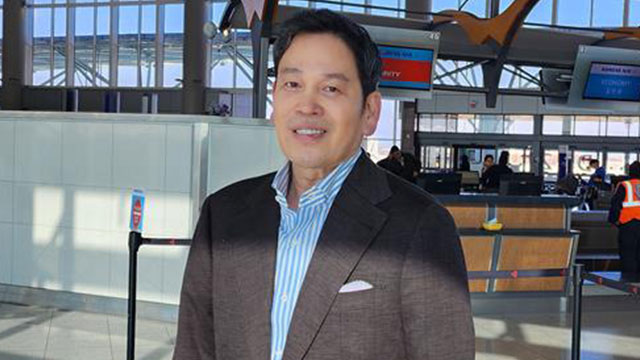KOREA SHARE SKILLS TO DEVELOPING NATIONS
입력 2019.12.13 (15:21)
수정 2019.12.13 (16:48)
읽어주기 기능은 크롬기반의
브라우저에서만 사용하실 수 있습니다.
[Anchor Lead]
Ever since Korea joined the Organisation for Economic Co-operation and Development's Development Assistance Committee in 2009, the country has been asked to play a key role in fighting poverty and starvation. In fulfilling this duty, Korea has been sharing its agricultural technologies and seeds with developing countries to help boost income and productivity.
[Pkg]
A chicken farm in Kenya, East Africa. Chickens are one of the main sources of income for local farmers, but they had trouble boosting productivity due to increased chick deaths. Experts from the Korea Program on International Agriculture travelled to the country in 2009 and have been working to solve this problem. The team disseminated chicken-raising techniques and helped improve the breed to boost chick survival and incubation rates by nearly 80%.
[Soundbite] KENYAN FARMER
Korean farming technology is now widely adopted in Sri Lanka, which used to be dependent on imports for most agricultural products including onions and mushrooms. The Korean-style rain-sheltering greenhouses were built to almost quadruple the village's onion production.
[Soundbite] LEE JI-WON(RURAL DEVELOPMENT ADMINISTRATION) : "We mainly assist with the technologies that boost agricultural productivity like cultivation methods or pest control techniques."
Starting with one that opened in Vietnam in 2009, KOPIA centers have been established in 20 countries in Asia, Africa, and Latin America. About 80,000 local farmers have been trained by KOPIA staff members over the past decade. With requests for assistance pouring in from developing countries, two more centers will be opened in Pakistan and Kyrgyzstan next year.
Ever since Korea joined the Organisation for Economic Co-operation and Development's Development Assistance Committee in 2009, the country has been asked to play a key role in fighting poverty and starvation. In fulfilling this duty, Korea has been sharing its agricultural technologies and seeds with developing countries to help boost income and productivity.
[Pkg]
A chicken farm in Kenya, East Africa. Chickens are one of the main sources of income for local farmers, but they had trouble boosting productivity due to increased chick deaths. Experts from the Korea Program on International Agriculture travelled to the country in 2009 and have been working to solve this problem. The team disseminated chicken-raising techniques and helped improve the breed to boost chick survival and incubation rates by nearly 80%.
[Soundbite] KENYAN FARMER
Korean farming technology is now widely adopted in Sri Lanka, which used to be dependent on imports for most agricultural products including onions and mushrooms. The Korean-style rain-sheltering greenhouses were built to almost quadruple the village's onion production.
[Soundbite] LEE JI-WON(RURAL DEVELOPMENT ADMINISTRATION) : "We mainly assist with the technologies that boost agricultural productivity like cultivation methods or pest control techniques."
Starting with one that opened in Vietnam in 2009, KOPIA centers have been established in 20 countries in Asia, Africa, and Latin America. About 80,000 local farmers have been trained by KOPIA staff members over the past decade. With requests for assistance pouring in from developing countries, two more centers will be opened in Pakistan and Kyrgyzstan next year.
■ 제보하기
▷ 카카오톡 : 'KBS제보' 검색, 채널 추가
▷ 전화 : 02-781-1234, 4444
▷ 이메일 : kbs1234@kbs.co.kr
▷ 유튜브, 네이버, 카카오에서도 KBS뉴스를 구독해주세요!
- KOREA SHARE SKILLS TO DEVELOPING NATIONS
-
- 입력 2019-12-13 15:23:57
- 수정2019-12-13 16:48:37

[Anchor Lead]
Ever since Korea joined the Organisation for Economic Co-operation and Development's Development Assistance Committee in 2009, the country has been asked to play a key role in fighting poverty and starvation. In fulfilling this duty, Korea has been sharing its agricultural technologies and seeds with developing countries to help boost income and productivity.
[Pkg]
A chicken farm in Kenya, East Africa. Chickens are one of the main sources of income for local farmers, but they had trouble boosting productivity due to increased chick deaths. Experts from the Korea Program on International Agriculture travelled to the country in 2009 and have been working to solve this problem. The team disseminated chicken-raising techniques and helped improve the breed to boost chick survival and incubation rates by nearly 80%.
[Soundbite] KENYAN FARMER
Korean farming technology is now widely adopted in Sri Lanka, which used to be dependent on imports for most agricultural products including onions and mushrooms. The Korean-style rain-sheltering greenhouses were built to almost quadruple the village's onion production.
[Soundbite] LEE JI-WON(RURAL DEVELOPMENT ADMINISTRATION) : "We mainly assist with the technologies that boost agricultural productivity like cultivation methods or pest control techniques."
Starting with one that opened in Vietnam in 2009, KOPIA centers have been established in 20 countries in Asia, Africa, and Latin America. About 80,000 local farmers have been trained by KOPIA staff members over the past decade. With requests for assistance pouring in from developing countries, two more centers will be opened in Pakistan and Kyrgyzstan next year.
Ever since Korea joined the Organisation for Economic Co-operation and Development's Development Assistance Committee in 2009, the country has been asked to play a key role in fighting poverty and starvation. In fulfilling this duty, Korea has been sharing its agricultural technologies and seeds with developing countries to help boost income and productivity.
[Pkg]
A chicken farm in Kenya, East Africa. Chickens are one of the main sources of income for local farmers, but they had trouble boosting productivity due to increased chick deaths. Experts from the Korea Program on International Agriculture travelled to the country in 2009 and have been working to solve this problem. The team disseminated chicken-raising techniques and helped improve the breed to boost chick survival and incubation rates by nearly 80%.
[Soundbite] KENYAN FARMER
Korean farming technology is now widely adopted in Sri Lanka, which used to be dependent on imports for most agricultural products including onions and mushrooms. The Korean-style rain-sheltering greenhouses were built to almost quadruple the village's onion production.
[Soundbite] LEE JI-WON(RURAL DEVELOPMENT ADMINISTRATION) : "We mainly assist with the technologies that boost agricultural productivity like cultivation methods or pest control techniques."
Starting with one that opened in Vietnam in 2009, KOPIA centers have been established in 20 countries in Asia, Africa, and Latin America. About 80,000 local farmers have been trained by KOPIA staff members over the past decade. With requests for assistance pouring in from developing countries, two more centers will be opened in Pakistan and Kyrgyzstan next year.
이 기사가 좋으셨다면
-
좋아요
0
-
응원해요
0
-
후속 원해요
0

















이 기사에 대한 의견을 남겨주세요.